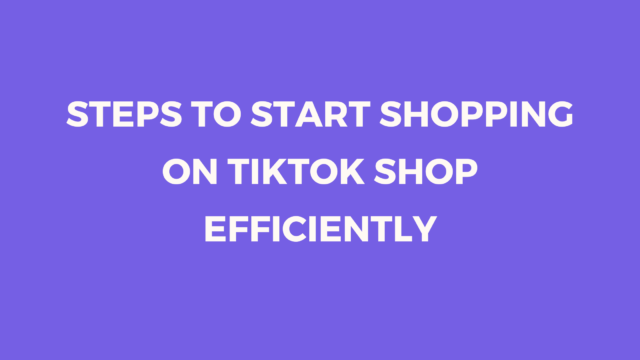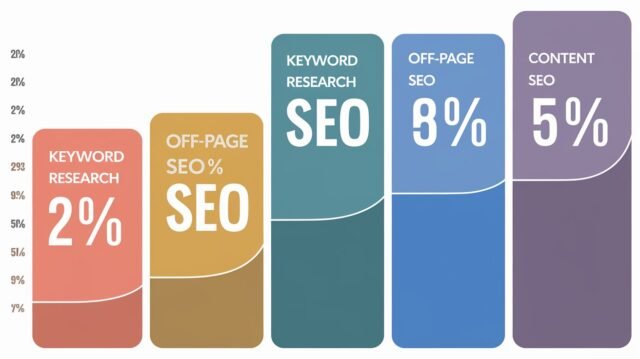2024 SEO Trends: Maximizing E-commerce Success with Magento 2 SEO Modules
In the ever-evolving landscape of e-commerce, staying ahead of the curve when it comes to search engine optimization (SEO) is crucial for online businesses. Magento 2, a leading e-commerce platform, offers a range of SEO modules and tools to help e-commerce entrepreneurs boost their visibility in search engine results and attract organic traffic. As we step into 2023, several SEO trends are set to shape the way businesses leverage Magento 2 SEO modules to enhance their online presence and drive success.
1. Mobile-First Indexing and Responsive Design
Mobile devices continue to dominate online shopping, and search engines are prioritizing mobile-first indexing. In 2024, businesses must ensure their Magento 2 stores are not just mobile-friendly but optimized for mobile-first indexing. Magento 2’s responsive design capabilities and mobile optimization features, when combined with SEO modules, allow websites to provide a seamless mobile shopping experience. Look for SEO modules that offer insights into mobile performance, such as mobile-friendly page analysis and suggestions for improvements.
2. Core Web Vitals and Page Speed Optimization
Google’s Core Web Vitals have become a critical ranking factor. These metrics assess a website’s performance in terms of loading speed, interactivity, and visual stability. Magento 2 SEO modules should integrate tools for measuring and improving Core Web Vitals. This includes optimizing images, leveraging browser caching, and minimizing JavaScript and CSS to ensure fast-loading pages. Monitoring these vitals and making necessary improvements should be a top priority in 2023.
3. Voice Search Optimization
With the proliferation of voice-activated devices and virtual assistants, voice search is on the rise. SEO modules for Magento 2 should offer voice search optimization features, including natural language processing, long-tail keyword targeting, and structured data markup for rich results. Businesses should focus on creating content that answers common voice search queries related to their products or services.
4. Schema Markup for Rich Snippets
Rich snippets enhance search engine results by providing additional information such as reviews, ratings, and product prices. Magento 2 SEO modules should support schema markup to help websites qualify for rich results, which can boost click-through rates (CTR) and drive more organic traffic. Look for modules that simplify the process of adding structured data to product pages and other relevant content.
5. Content Quality and User Experience
High-quality, relevant content remains a cornerstone of SEO success. SEO modules for Magento 2 should include content optimization tools that help businesses create engaging, informative, and SEO-friendly content. This includes features like content analysis, keyword research, and suggestions for improving readability and user experience. In 2024, user-generated content, such as reviews and Q & A sections, will continue to play a significant role in SEO efforts.
6. AI-Powered SEO Insights
Artificial intelligence (AI) and machine learning are changing the SEO landscape. Look for Magento 2 SEO modules that leverage AI to provide actionable insights and recommendations. These modules can analyze vast amounts of data to identify trends, opportunities, and areas for improvement. AI-powered SEO modules can assist businesses in making data-driven decisions to enhance their SEO strategies.
7. Video and Visual Search Optimization
Visual content, including videos and images, is gaining prominence in search results. Magento 2 SEO modules should support video optimization, including video schema markup, transcripts, and metadata optimization. Additionally, visual search is becoming more prevalent, and modules that aid in optimizing images for visual search should be a consideration for 2023.
8. Local SEO and Google My Business Integration
For businesses with physical locations, local SEO is essential. Magento 2 SEO modules should integrate with Google My Business and provide tools for managing local listings, including accurate business information, customer reviews, and location-based keywords. Local SEO optimizations should focus on enhancing visibility in local search results and map listings.
9. Security and HTTPS
Google considers website security as a ranking factor. Magento 2 SEO modules should emphasize the importance of HTTPS and SSL certificates. Ensuring that your website is secure not only improves rankings but also builds trust with visitors. Modules should provide alerts and recommendations to maintain a secure environment.
10. Voice Commerce and E-A-T Factors
Voice commerce, or shopping via voice-activated devices, is on the rise. SEO modules should cater to voice commerce by optimizing product listings, offering voice search capabilities, and ensuring that E-A-T (Expertise, Authoritativeness, Trustworthiness) factors are clearly conveyed in content and product descriptions.
In Conclusion
As we step into 2024, the SEO landscape for e-commerce is evolving rapidly. Businesses using Magento 2 can use SEO modules to stay competitive by optimizing for mobile-first indexing, focusing on Core Web Vitals, embracing voice search, implementing schema markup, creating high-quality content, and harnessing AI-powered insights. Additionally, the integration of local SEO, video optimization, and security measures will be essential for maintaining and improving search engine rankings. By staying informed about these SEO trends and utilizing the right Magento 2 SEO modules, businesses can maximize their online visibility and drive e-commerce success in the year ahead.





















